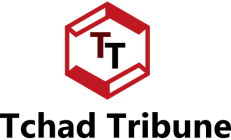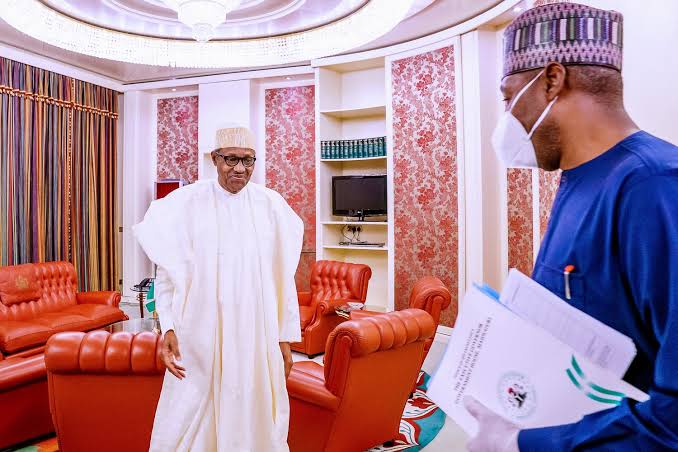PRETORIA, Scientists in South Africa have made a copy of the Moderna Covid vaccine, a move which they say could help boost vaccination rates across Africa.
The continent currently has the lowest uptake of Covid shots in the world.
The company behind the new vaccine – Afrigen Biologics – says it hopes to start clinical trials in November.
Moderna previously said it would not enforce the patents on its vaccine, allowing scientists in Cape Town to make their own version of it.
The researchers were backed by the World Health Organization (WHO).
Petro Terblanche, director of Afrigen Biologics, said they were starting small, but had ambitions to scale up quickly.
“We have used the sequence, which is the same sequence as the Moderna vaccine 1273,” she said.
“This is part of a global initiative to build capacity and capability in low and middle-income countries to become self-sufficient.”
The shot being copied is a messenger RNA vaccine made by US firm Moderna. Pfizer-BioNTech also made its vaccine using the same technology. They were some of the first Covid vaccines to be authorised for use around the world.
This type of vaccine teaches cells how to make a protein that will trigger an immune response inside our bodies, rather than putting a weakened or inactivated germ into the body.
The company’s chief scientist, Dr Caryn Fenner, called the achievement “really significant”.
“It puts the power in our hands to be able to produce our own vaccines for the future, to be ready for further pandemics, to produce clinical trial material on African soil and then to look at other diseases of relevance in Africa.”
Many of Africa’s countries have fully vaccinated less than 10% of their populations, compared to 60% in North America, 63% in Europe and 61% across Asia. Despite having one of the best rates on the continent, South Africa has only vaccinated 27% of its people.
It’s been reported that BioNTech – the company which partnered Pfizer in producing an mRNA vaccine – also has plans to open a vaccine manufacturing plant on the continent.
A number of other Covid-19 vaccine production facilities are in the pipeline in Africa, mainly focused on Russian and Chinese-made vaccines.
This could be a major breakthrough for the African continent.
The vast majority of mRNA vaccines have gone to wealthy countries and there have been sketchy plans to make these on African soil.
But because Moderna said it wouldn’t enforce the patent rights on its vaccine, scientists have been able to reverse engineer it via a special World Health Organization-funded hub in Cape Town.
Although the quantities made so far are small, it’s been developed more quickly than many expected.
If the scale-up goes well and the trials succeed, it could be the start of more equal access to these cutting-edge vaccines.
It will also be interesting to see how Moderna responds now that scientists have cracked the code of its vaccine.
The pharmaceutical industry in general has opposed a campaign to waive intellectual property rights on Covid vaccines, arguing they are too complex to be made independently and that it would stunt innovation in the private sector.
Campaigners point out huge amounts of public money were poured into many of the vaccine projects.
Source: Nam News Network

